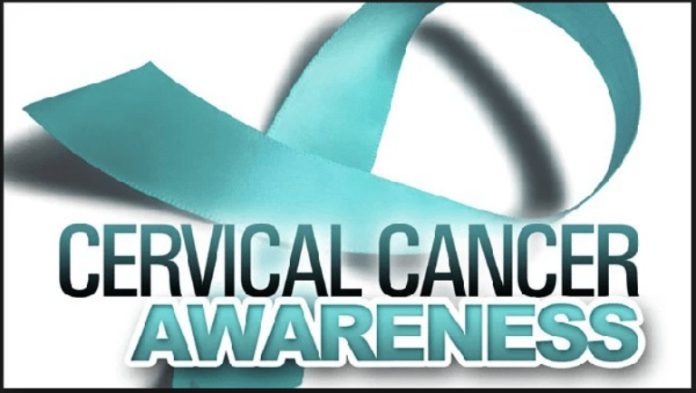Obstetrician-gynaecologist Professor Samuel Antwi Oppong has urged girls and women to delay their first sexual encounter and limit their number of sexual partners in a bid to reduce the risk of developing cervical cancer a disease he described as both deadly and preventable.
Speaking on Joy FM’s Super Morning Show, Prof. Oppong revealed that nearly 3,000 women in Ghana are diagnosed with cervical cancer each year, with almost half dying within 12 months of diagnosis.
“In spite of the dire picture or the gloomy picture painted about cervical cancer, every year from January to December, nearly 3,000 women develop the disease, and nearly half of them will die from it within a year,” he said.
He stressed that while the statistics are grim, cervical cancer is one of the most preventable cancers in women and that sexual behaviour plays a central role in its prevention.
“Cervical cancer is a lot easier to prevent than breast cancer,” he noted. “Yet more women die from cervical cancer than from breast cancer and that’s largely due to preventable risk factors.”
Prof. Oppong explained that cervical cancer is primarily caused by the Human Papillomavirus (HPV), a virus that is transmitted through sexual contact. As such, he said, managing sexual activity is a critical part of reducing risk.
“The disease is acquired mainly through sexual intercourse. If we reduce our risk of sexual activity, we reduce our chances of developing cervical cancer,” he said.
He encouraged young girls to delay the age at which they become sexually active, stating that the later one begins sexual activity, the lower the likelihood of contracting HPV.
“The older you are when you have your first sexual activity, the less likely your risk of acquiring HPV infection,” Prof. Oppong said.
He also advised limiting the number of sexual partners, highlighting the difficulty in knowing who might be carrying the virus.
“Reducing our exposure to different sexual partners is key because you don’t know which of them might be carrying HPV,” he warned.
While sexual behaviour was a major focus of his message, Prof. Oppong also emphasised other protective steps, including avoiding smoking, which weakens the immune system and makes it harder to fight off HPV infections.
Maintaining a healthy lifestyle to support immune function. HPV vaccination, which has become more widely available globally and is highly effective in preventing the types of HPV most likely to cause cervical cancer.
Source: Myjoyonline
READ ALSO:



